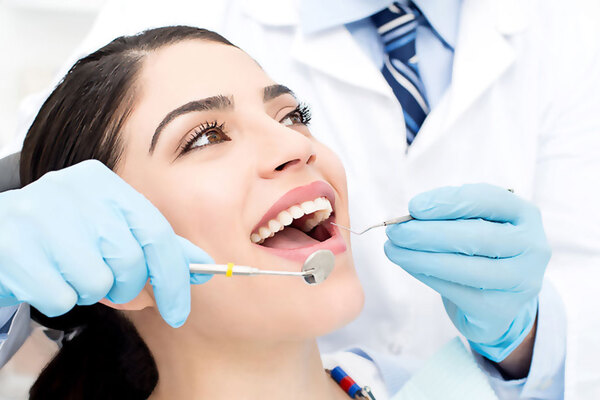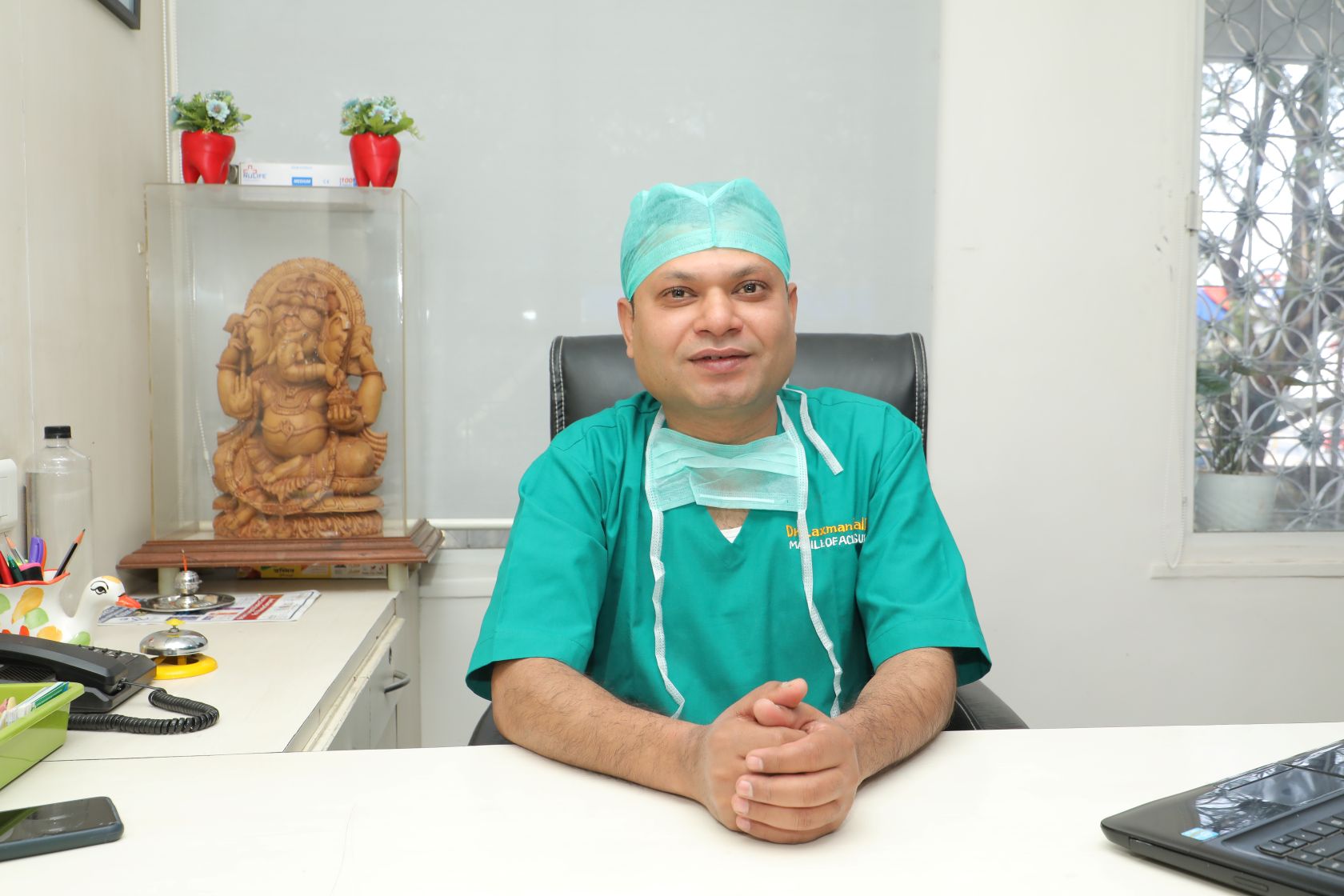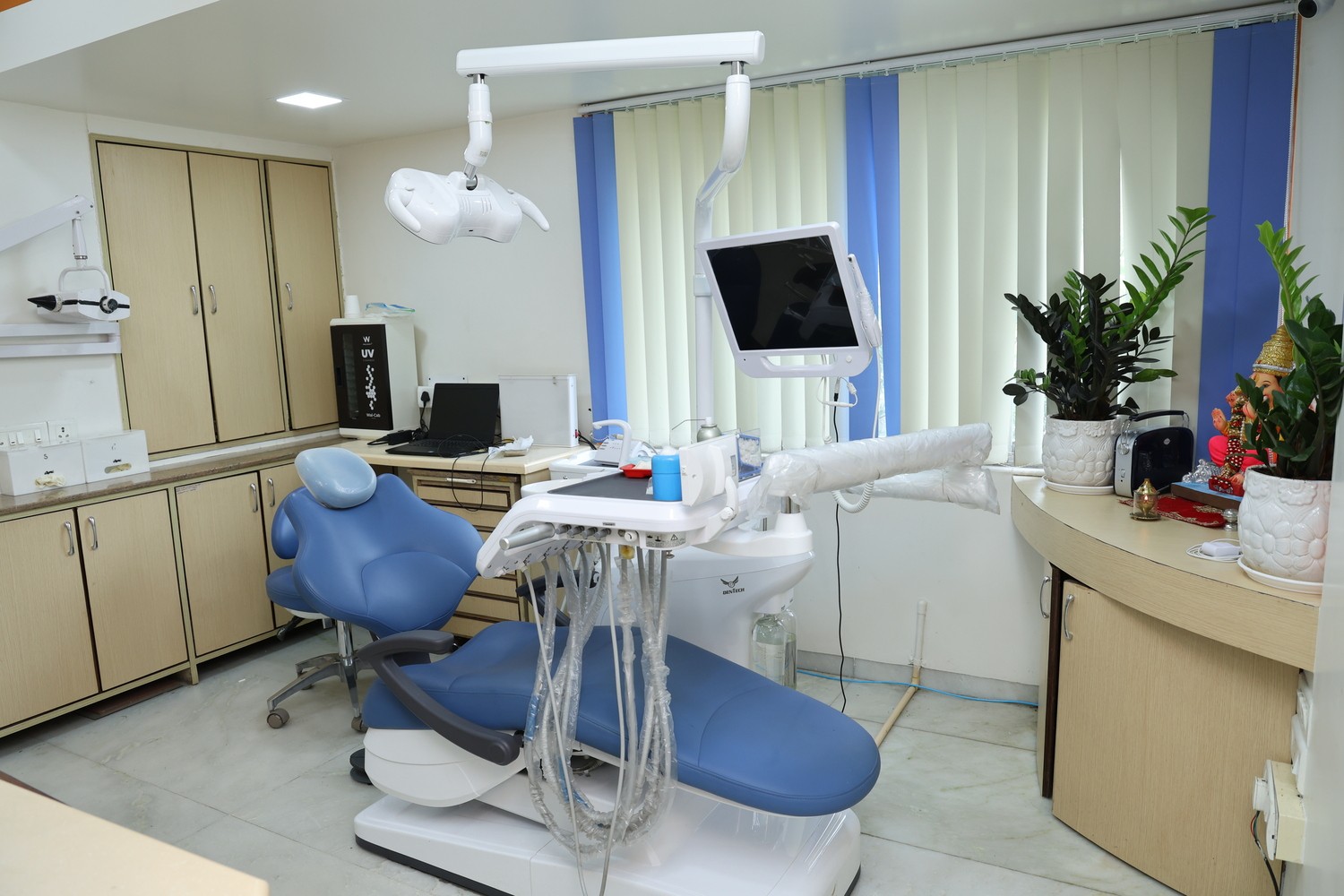General Dentistry
- Home |
- General Dentistry
General Dentistry
Types
- Root Canal Treatment
- Fillings
- Crowns and Bridges
- Teeth Cleaning or Scaling
- Sports Dentistry

General Dentistry
General dentistry includes essential treatments such as root canal therapy to save infected teeth, fillings to repair cavities, and crowns and bridges to restore tooth structure and function. Regular teeth cleaning or scaling removes plaque and tartar, promoting oral health, while sports dentistry provides custom mouthguards to protect athletes’ teeth during activities.
Root Canal Treatment
Root canal treatment is a procedure used to save a tooth that is moderately decayed or infected. It involves removing the infected pulp from inside the tooth, cleaning and disinfecting the root canals, and then filling them with a biocompatible material. This process relieves pain, prevents further infection, and preserves the natural tooth. Generally, root canal treatment is followed by crown placement to protect the treated tooth and restore its function.
Fillings
Fillings are used to repair teeth that have been damaged by cavities or minor fractures. The decayed or damaged portion of the tooth is removed, and the cavity is filled with a material such as composite resin, amalgam, or porcelain. Fillings restore the tooth’s shape, function, and integrity, helping to maintain oral health.
Crowns and Bridges
Crowns and bridges are restorative dental treatments used to repair and replace damaged or missing teeth. A crown is a cap that covers a damaged tooth to restore its shape, strength, and appearance. A bridge consists of one or more artificial teeth anchored in place by crowns on adjacent teeth. Both treatments provide durability, functionality, and aesthetic improvement.
Teeth Cleaning or Scaling
Teeth cleaning or scaling is a preventive dental procedure that involves removing plaque and tartar buildup from the teeth and gums. This process helps prevent gum disease, cavities, and other oral health issues. Regular professional cleanings, along with good oral hygiene practices, are essential for maintaining a healthy smile.
Sports Dentistry
Sports dentistry focuses on the prevention and treatment of dental injuries related to sports and physical activities. Custom-made mouthguards are often provided to athletes to protect their teeth and jaws during contact sports. Sports dentistry also involves treating dental injuries such as knocked-out teeth, fractures, and soft tissue injuries to ensure athletes can continue their activities safely.

20 +
years experience
FAQs
What are basal implants and how do they differ from traditional implants?
Basal implants are a type of dental implant that utilizes the dense cortical bone in the basal region of the jaw for stability. Unlike traditional implants, basal implants are single-piece implants that do not require bone grafts or sinus lifts, making them suitable for patients with insufficient bone volume or density. They also allow for immediate loading, meaning permanent teeth can be fixed in less than a week after the implant surgery.
Are basal implants suitable for everyone?
Basal implants are generally suitable for patients with moderate to severe bone atrophy, including those who are diabetic, hypertensive, or smokers. However, they may not be suitable for patients with certain medical conditions, such as recent myocardial infarction or stroke, or those taking medications that inhibit blood clotting. It's best to consult with a dental professional to determine if basal implants are the right option for you.
What is maxillofacial surgery and what conditions does it treat?
Maxillofacial surgery is a specialized type of surgery that focuses on the face, jaw, neck, and mouth. It treats a variety of conditions, including jaw pain, limited jaw function, tooth impaction, oral diseases, abnormal bites, temporomandibular joint (TMJ) disorders, facial injuries, cleft lips and palates, and tumors or cysts in the head and neck area
What is the recovery process like after maxillofacial surgery?
Recovery after maxillofacial surgery varies depending on the specific procedure. Generally, you may need to follow a liquid or pureed diet for about 4 to 6 weeks, and you might experience some swelling and discomfort. Your surgeon will provide specific post-operative care instructions, and it's important to follow them closely to ensure proper healing
How often should I get a dental checkup?
It's recommended to visit your dentist every six months for a routine checkup and cleaning. However, based on your oral health, your dentist might suggest more frequent visits.
What are the best ways to practice good oral hygiene at home?
Brush your teeth twice daily with fluoride toothpaste, floss daily, use an antiseptic mouthwash, eat a balanced diet, and avoid tobacco.
How can I improve the whiteness of my teeth?
You can improve teeth whiteness by practicing good oral hygiene, avoiding staining foods and beverages, and considering professional whitening treatments or over-the-counter whitening products recommended by your dentist.
Why should I have dental X-rays taken?
Dental X-rays help identify hidden dental issues such as cavities, impacted teeth, bone loss, and infections that are not visible during a regular exam.
Why does my breath smell bad and how can I fix it?
Bad breath, or halitosis, can result from poor oral hygiene, certain foods, dry mouth, smoking, or medical conditions. Improve your oral hygiene, stay hydrated, and visit your dentist to address the underlying cause.
Why is dental work so expensive?
The cost reflects high-quality materials, advanced technology, skilled labor, and overhead costs of running a dental practice. Many dentists offer payment plans or financing options.




